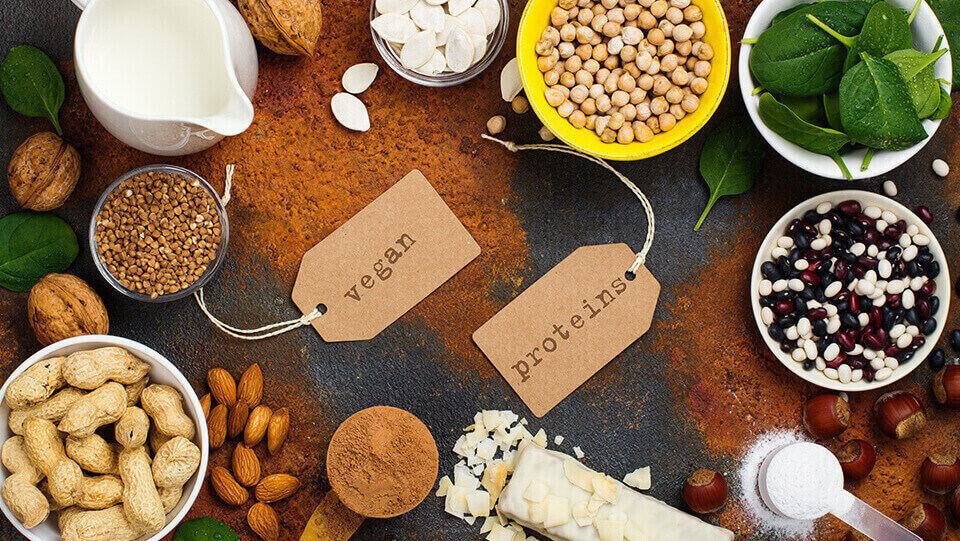
Ways to drink more water

Branched-chain amino acids, or BCAAs for short, are a group of three essential amino acids, that is, leucine, isoleucine and valine. As exogenous amino-acids, i.e. ones that cannot be produced by the body, they need to be supplemented with diet.
Who should pay particular attention to these substances? Does the supplementation of BCAAs make any sense, if they are contained in high concentrations in high-protein foods?
Firstly, vegetarians and vegans can (although not necessarily) have problems eating the appropriate amounts of BCAAs in their diet. This is mainly because they do not eat animal-derived products, which are a perfect source of branched-chain amino-acids (up to 20% of all proteins from food), and have to seek other, alternative sources of BCAAs, for example, from walnuts, peanuts, almonds, seeds, bean or from a soya protein isolate, which is probably the most optimum of all. From these two groups, vegetarians have an easier way to go, as they also eat milk products.
BCAA supplementation should also be considered by those whose diet is low in proteins and who do not pay attention to the quality of the proteins they feed their bodies with, as it is of paramount importance for a well-balanced diet to contain 8 exogenous amino-acids, of which 3 represent BCAAs. BCAA supplementation can therefore be used as a means to eliminate protein shortages.
The supplementation is also crucial at the stage of body-mass reduction. Contrary to the mass-gaining phase, when large meals with the relevant content of macro-elements should be eaten, in the reduction phase, the protein intake drops proportionally to the reduced food intake. Eating good quality protein is of particular importance at this stage, which is yet another argument why BCAA should be supplemented to eliminate the potential shortages. The trend is particularly visible in those, who need to significantly reduce the supply of calories to have a “well-cut body” because their metabolism is slow. Yet another aspect justifying BCAA supplementation in this phase which, although not so important, is valued high by “gourmands” is that BCAA supplements have different flavours, which attract consumers and sometimes “rescue” them from reaching for products with “bad sugar”, which is enemy no. 1 in the pursuit of a dream body.
BCAA intake is especially important during, before and after workout. During muscle work, the body is forced to use various sources of energy. Although it will primarily use carbohydrates, in the form of accumulated glycogen, muscle catabolism occurs and the so produced amino-acids satisfy the energy needs of the body. BCAA intake in this phase has an anti-catabolic effect on muscles, allowing them to use lipid metabolism for energy release and, thus, facilitating the reduction of adipose tissue. With all these, the training volume will grow faster and the post-workout fatigue will be eliminated more efficiently, making the pre-set objectives fully attainable.
The information below is required for social login
Sign In
Create New Account